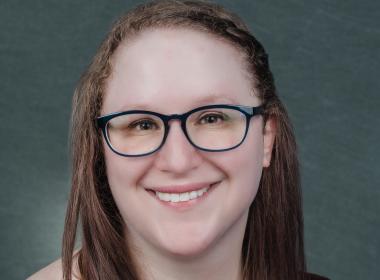Sound Sensitivity
Connecticut Children’s Sound Sensitivity team specializes in the evaluation and treatment of children with Tinnitus, Misophonia, and Hyperacusis. To schedule an appointment, please call 860.837.6300.
With Tinnitus, children may hear ringing, buzzing, whooshing or other sounds in their ears that are distracting them from daily activities. They may have difficulty taking their attention off the sounds in their ears. They may avoid situations where their tinnitus sounds louder to them.
With Misophonia, children have strong emotional reactions and extreme dislike to specific sounds. These sounds are often softer sounds related to eating, breathing, or repetitive noises. When children with misophonia hear these sounds, they want to get away. They may have difficulty concentrating when they hear these sounds. They may start to avoid certain environments where the sounds occur.
Common trigger sounds with Misophonia
- Chewing, Slurping, Lip-smacking
- Pen clicking
- Foot tapping, Finger snapping, Foot shuffling
- Breathing or Sniffing
- Repetitive tapping, Rustling
- Silverware moving on dishes
- Keyboard tapping
- Dogs barking
- Mechanical noise (air conditioning, lawnmowers, airplanes)
- Some people with Misophonia can develop visual triggers (leg bouncing, fingers moving, person shifting).
With Hyperacusis, children find that regular-volume sounds are too loud for them. Many people talking at once may hurt their ears. Soft sounds, like air conditioning, or running water may seem loud and uncomfortable. Sometimes their own voice feels too loud in their ears. This can cause sound to be uncomfortable or even painful. Children with hyperacusis might find it difficult to make it through the school day or after-school activities due to sound feeling too loud.

